The Houston Rockets gave their opponents a chance to seize victory, but they failed to capitalize on it.
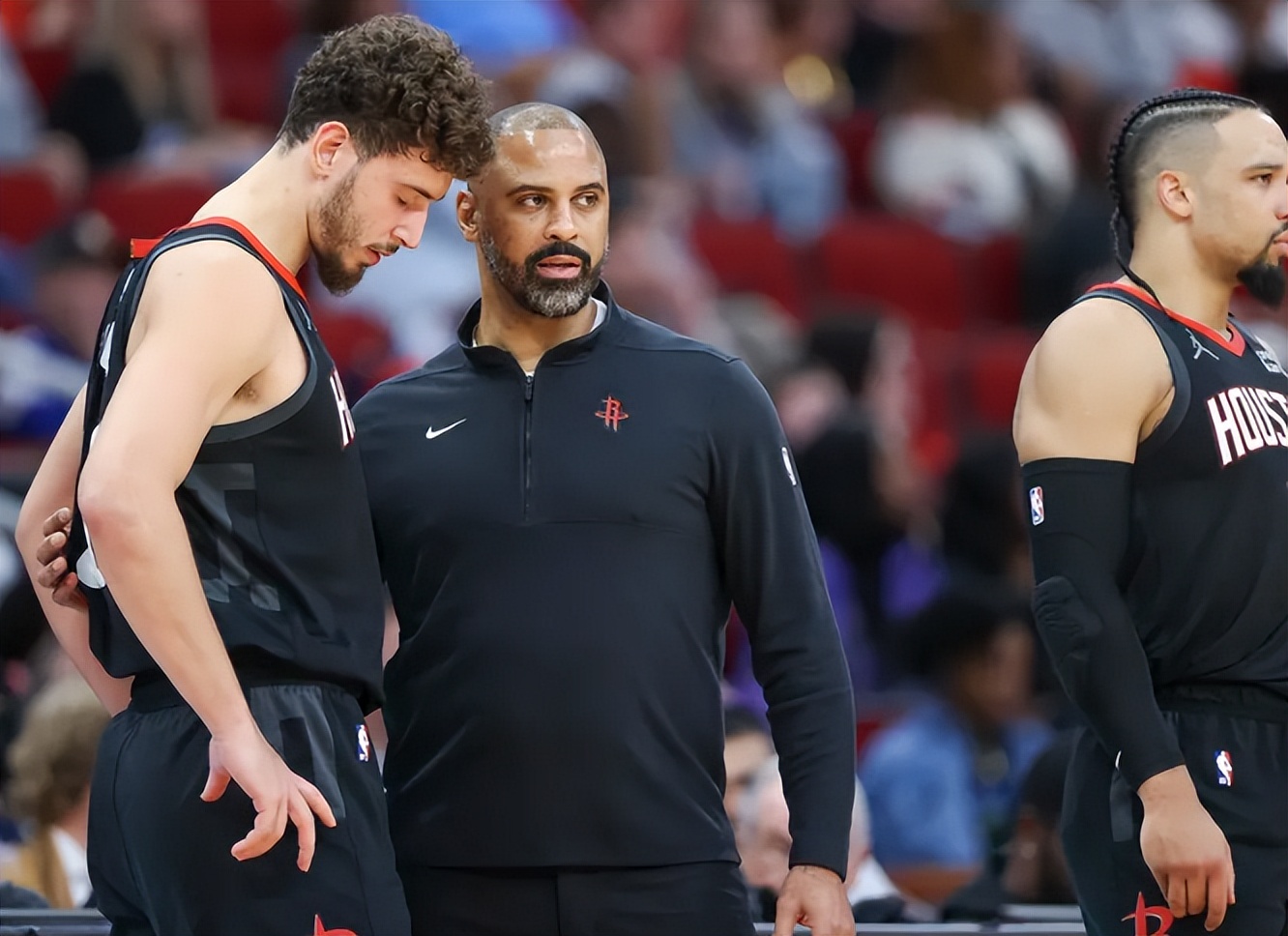
Alperen Sengun scored the highest points and rebounds for the team, but his free throw shooting was a letdown, with only 7 out of 15 attempts made, scoring just 1 point in the final quarter.
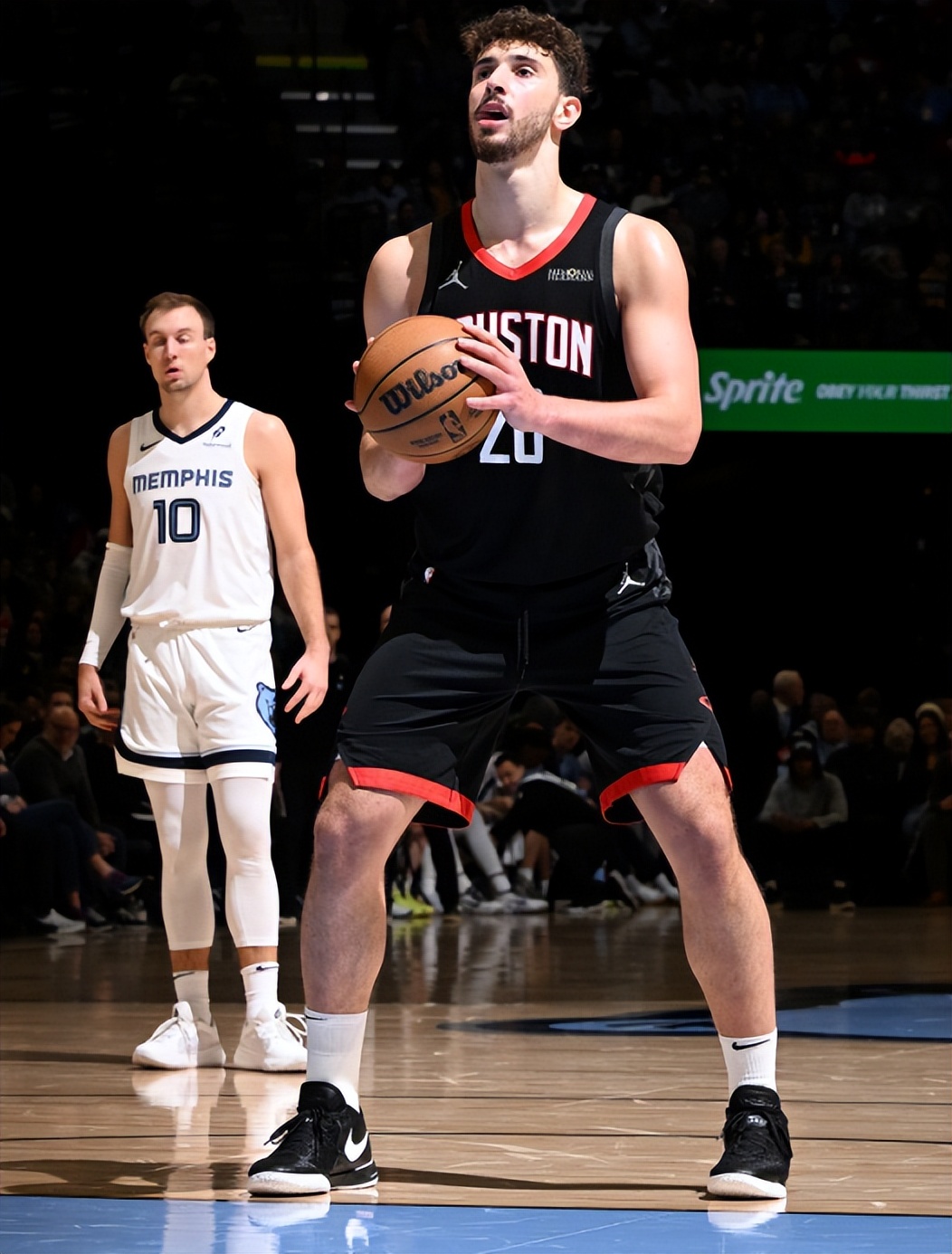
Sengun has attempted at least 20 shots in two consecutive games (his season average is 15.5), aiming to make an All-Star push. Despite average defense and stamina, and inconsistent free throw shooting, his one-on-one play and passing are what Udoka likes. Udoka encourages Sengun to take advantage of opportunities and be brave in expressing himself. In an interview, Sengun admitted that Udoka always sets up tactics for him because he trusts him and believes his form will return. They maintain good communication throughout the game.
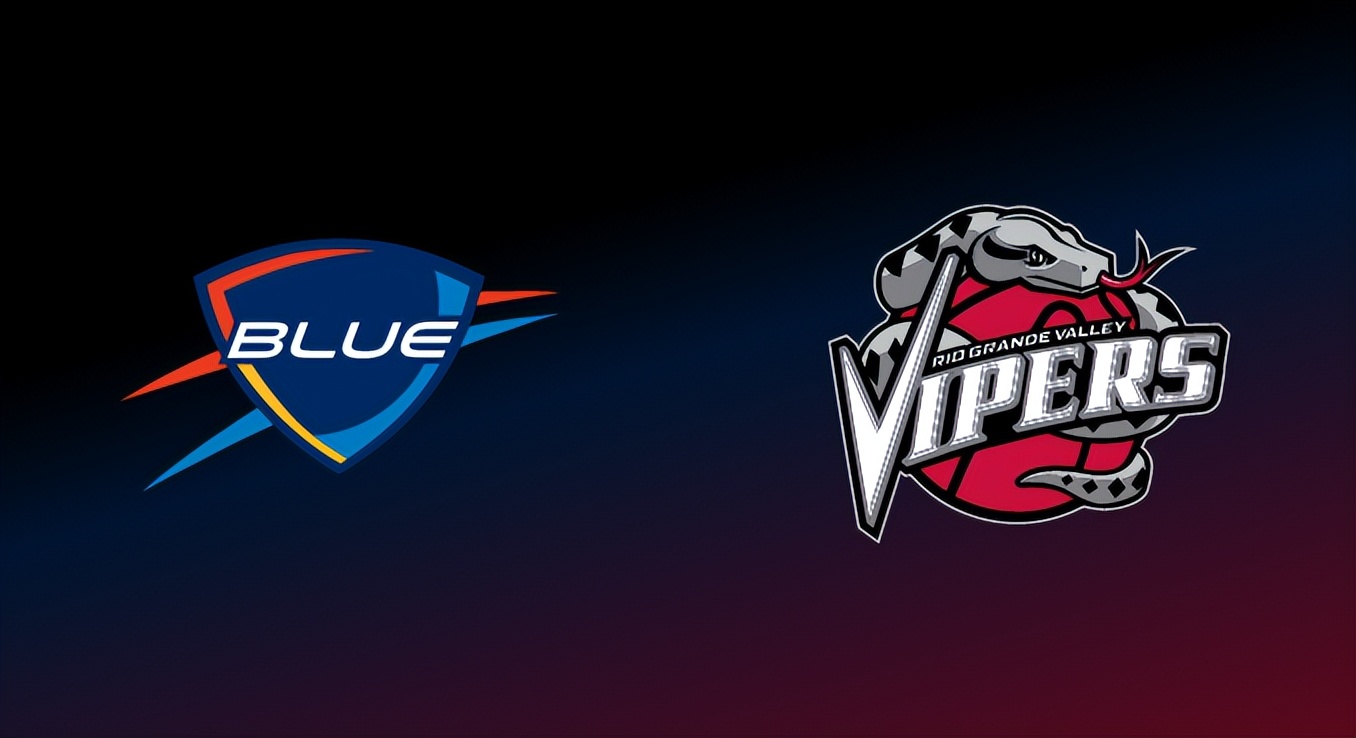
Sengun once complained about facing double teams, but now with the improved shooting touch of Green and VanVleet, he can play more comfortably. Houston media suggests that the Rockets may try to trade for a shooter before the deadline, with Memphis' Kennard being a suitable candidate. Kennard scored 11 points in this game, shooting 4 out of 7 from the field, 3 out of 5 from three-point range, with a team-high +13 plus-minus.

The Rockets need shooters to create space, yet they have demoted McVeigh, who actually has decent shooting ability.
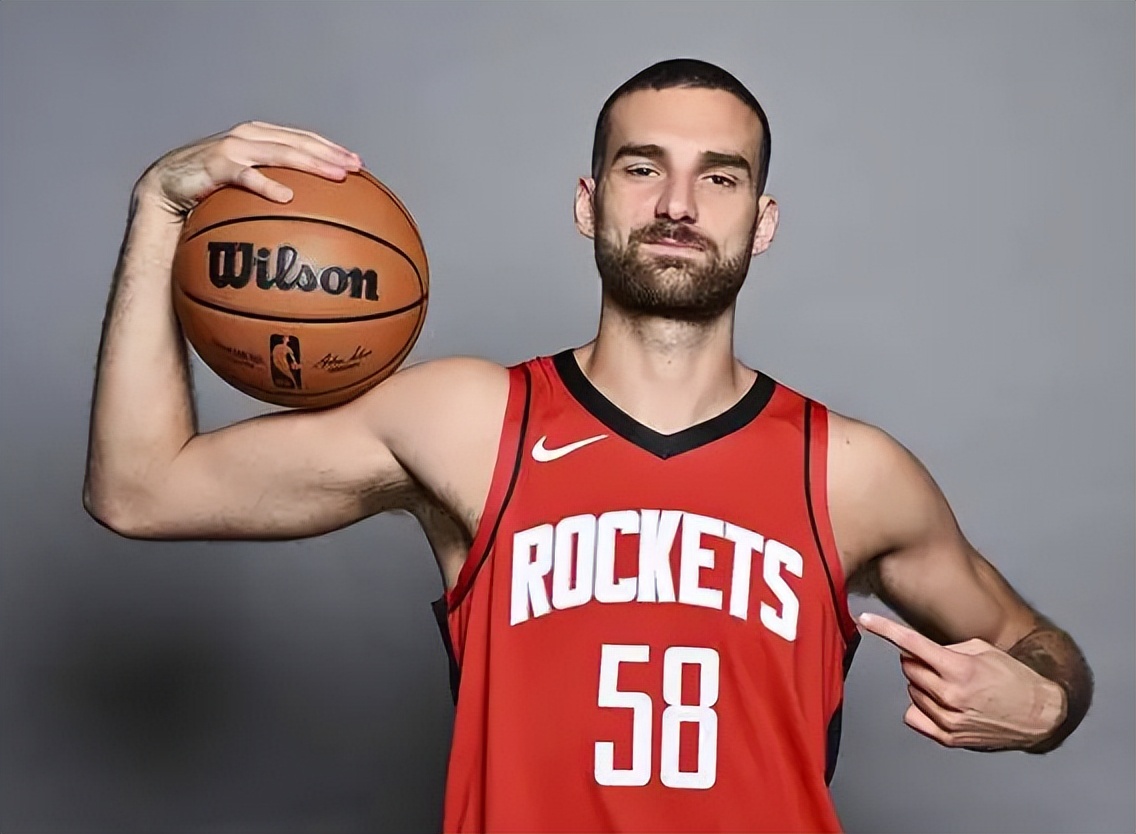
The Vipers, the Rockets' affiliate, also won on the same day as the Rockets. In their previous match, Shepherd scored 49 points but the Vipers lost to the Thunder's affiliate. This time, they sought revenge.
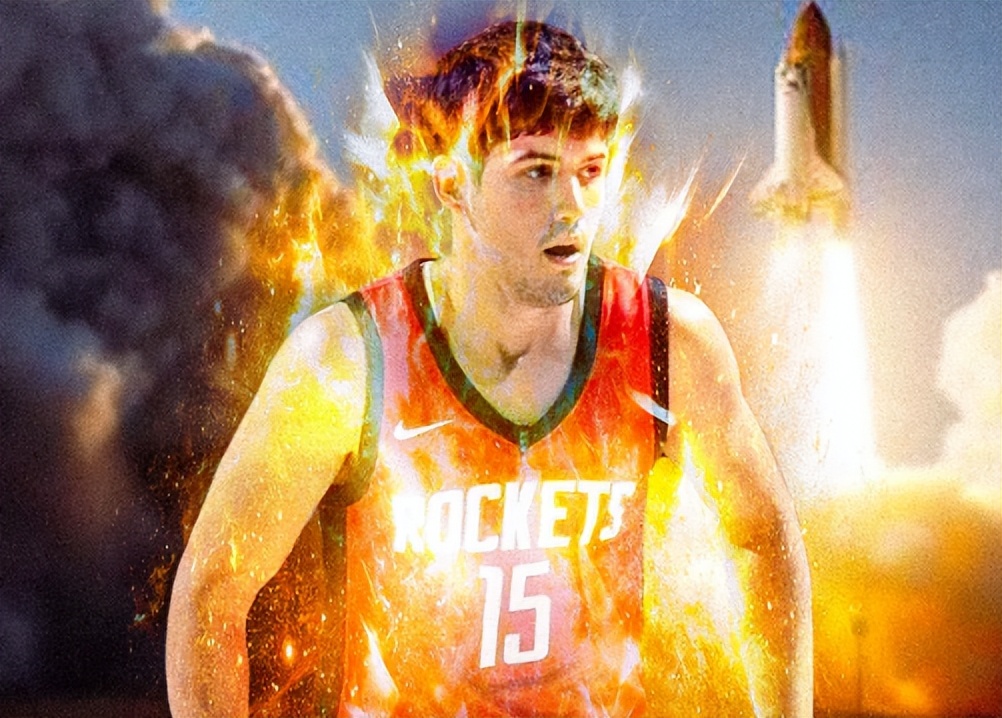
The Vipers started aggressively, establishing an eight-point lead in the first quarter and leading by nine at halftime. They won the third quarter by four points. In the fourth quarter, the Thunder's second team launched a comeback, but McVeigh stepped up to score, securing the win for the Vipers. McVeigh shot 7 out of 14 from three-point range, scoring 29 points and grabbing 5 rebounds, becoming the key contributor to the victory.
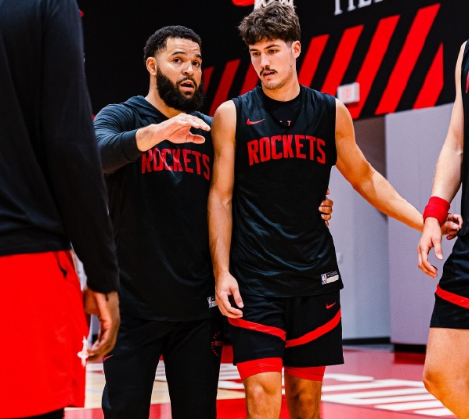
McVeigh, a 28-year-old Australian player standing at 2.03 meters tall, signed a two-way contract with the Rockets. General Manager Stone hoped that Shepherd and McVeigh could enhance the team's offensive firepower, but both were sent to the G League.
McVeigh was unable to enter the Rockets' rotation, as Udoka did not trust him, so he was sent to play for the Vipers. After his demotion, McVeigh averaged 18.3 points, 6 rebounds, 2.2 assists, 0.5 steals, and 0.8 blocks, with a shooting percentage of 51.2%, a three-point percentage of 40%, and a perfect 100% free throw percentage, showing good efficiency.
Shepherd went wild in his first game after being demoted, and in the second game, he scored 19 points with 5 rebounds, 7 assists, and 2 steals, shooting 5 out of 16 from the field and 4 out of 11 from three-point range. When Shepherd's shooting was off, he focused on passing and defense, ultimately helping his team win.
Although Udoka favors VanVleet, it is clear that he is not part of the Rockets' long-term plans. Stone chose Shepherd, hoping he could succeed VanVleet. However, there is a gap between ideal and reality, as Shepherd's physicality and ball-handling do not meet NBA standards. He appears hesitant on the court, worried about making mistakes, which led to Udoka removing him from the rotation.
Shepherd averages 3.3 points in 12 minutes per game for the Rockets, with a shooting percentage of 32.2% and a three-point percentage of 27.9%. Interestingly, VanVleet's rookie season wasn't much better than Shepherd's, averaging 2.9 points in 8 minutes per game, with a shooting percentage of 35.1% and a three-point percentage of 37.9%. The average-talented VanVleet worked hard to grow step by step and earned a $40 million annual salary.
The Rockets sent Shepherd to the G League to help him regain confidence, and he is still part of their development plan.